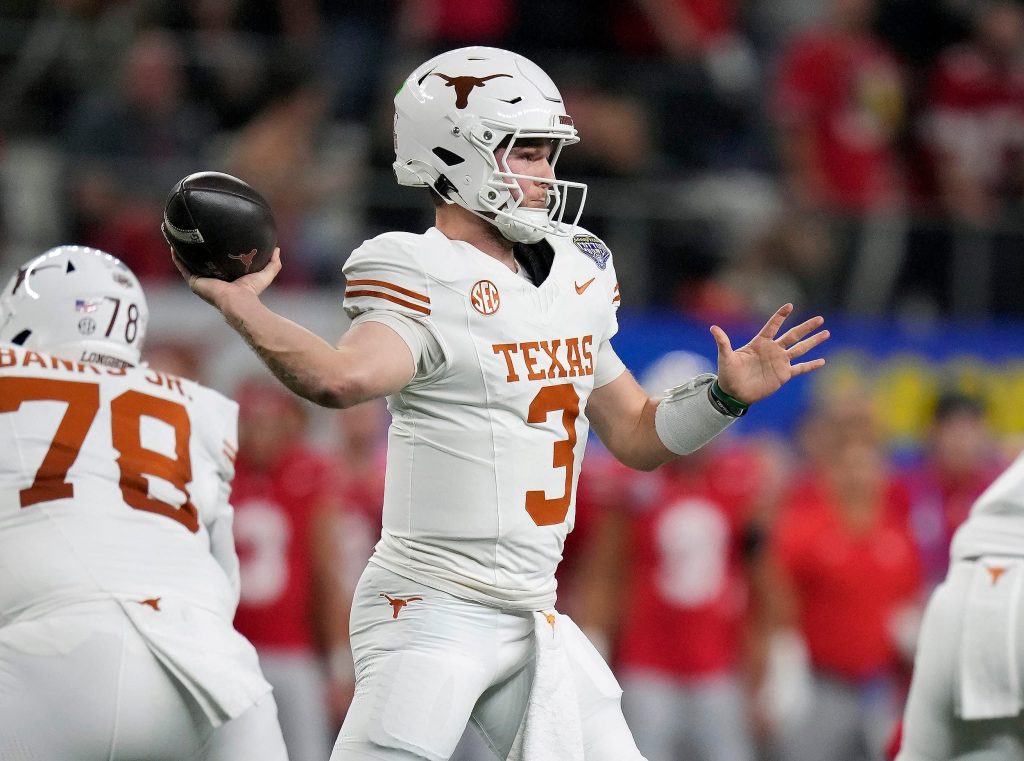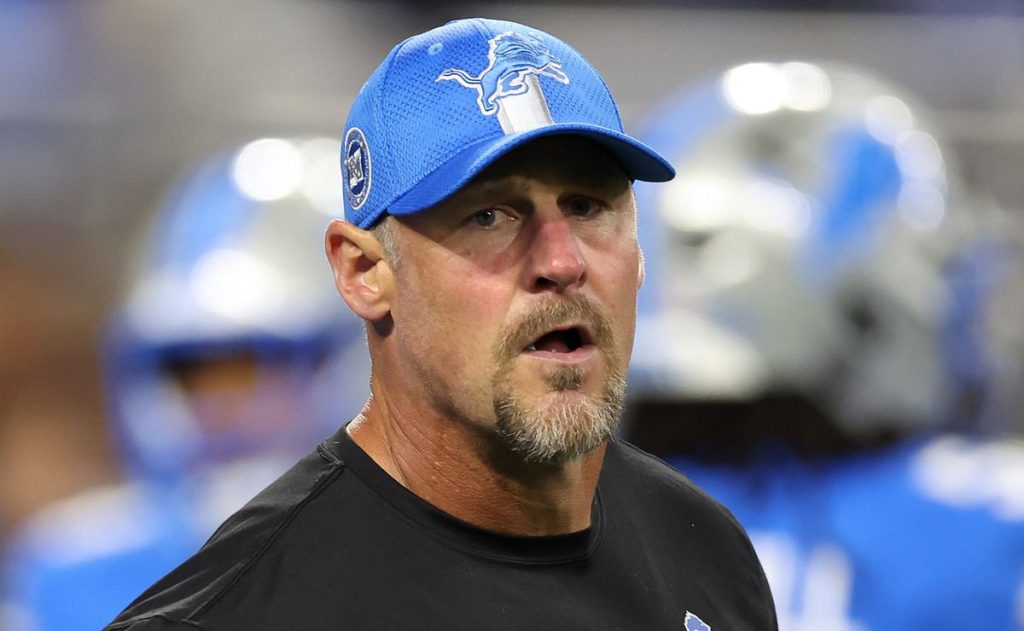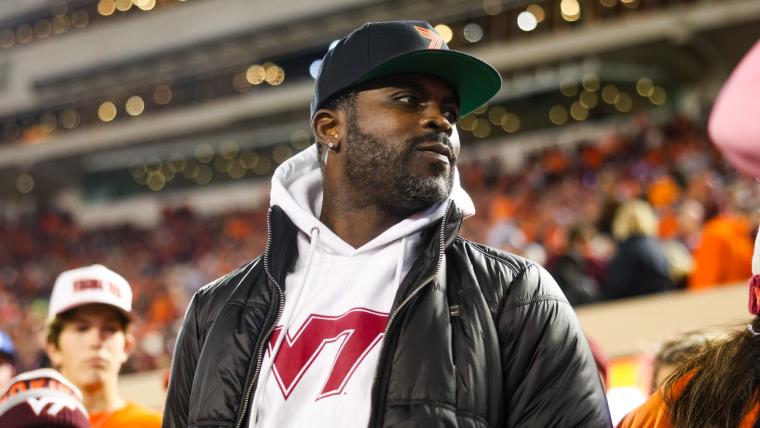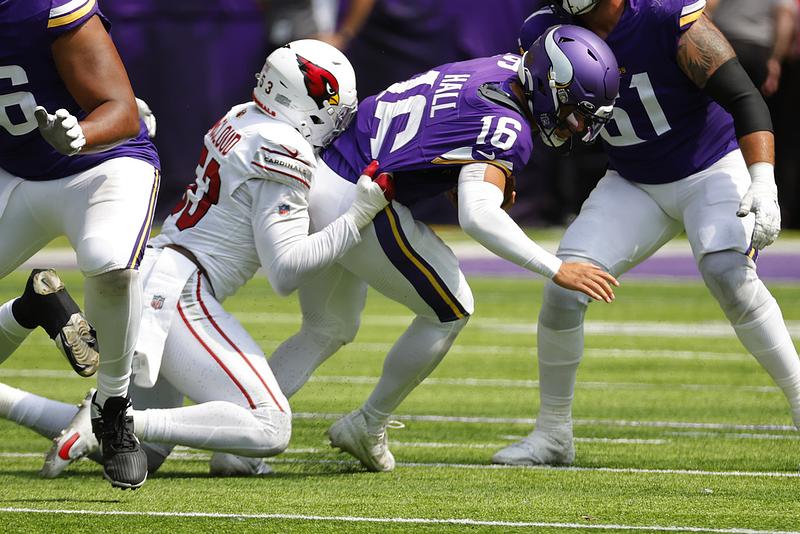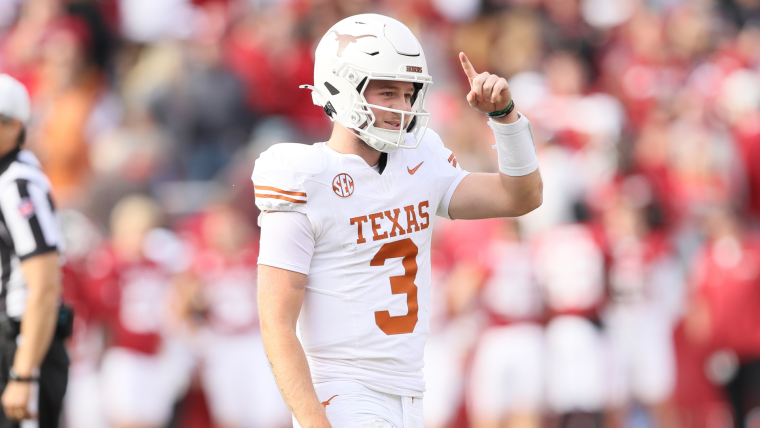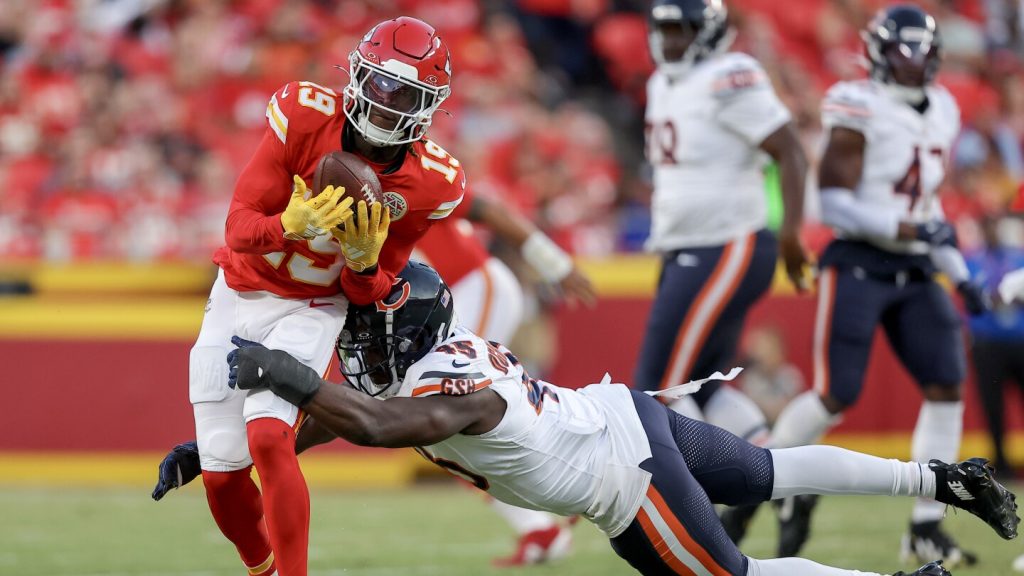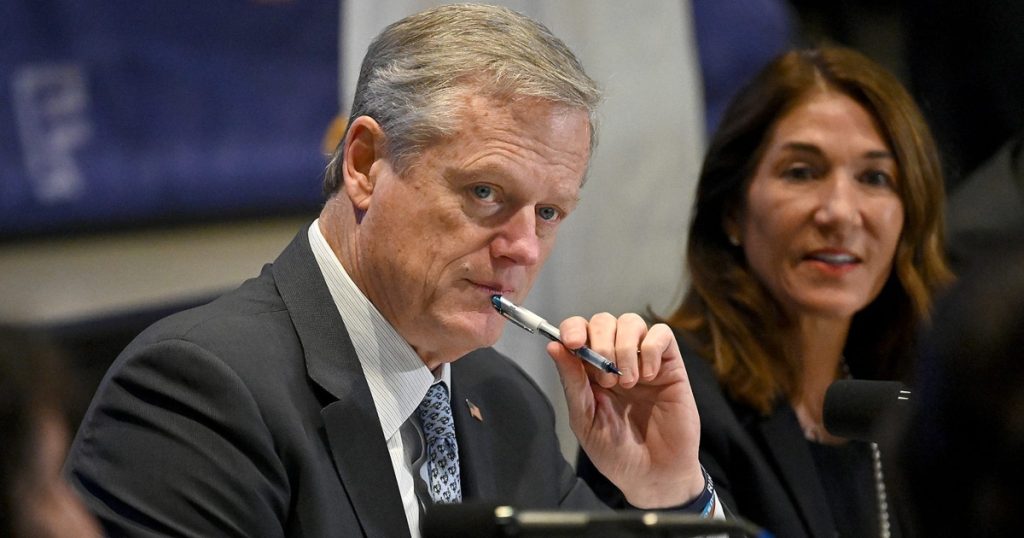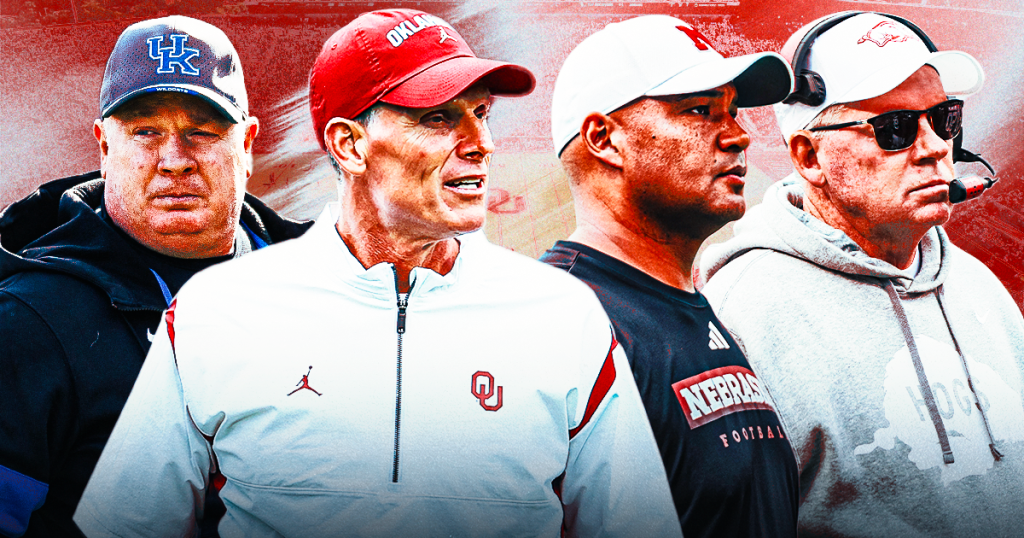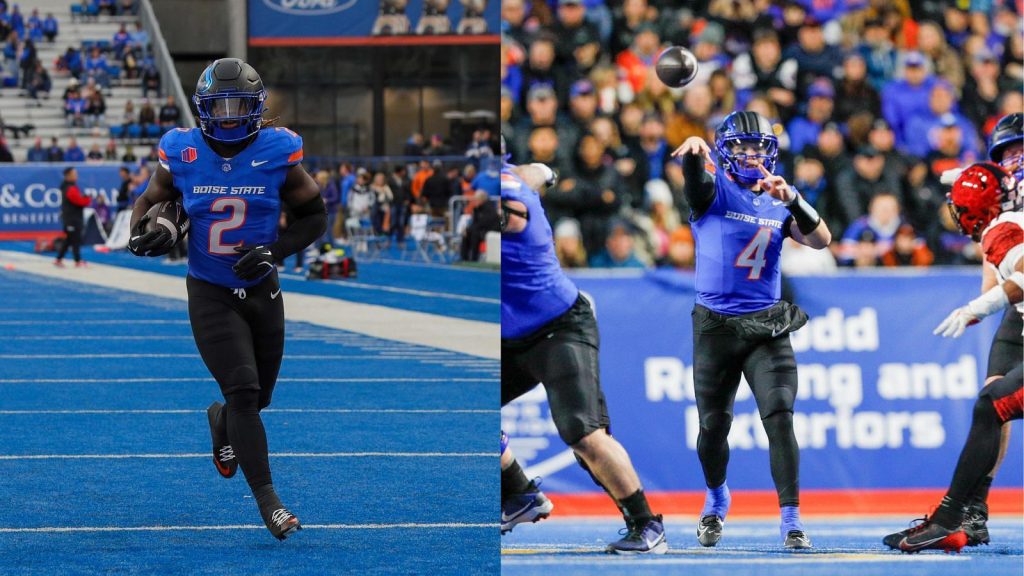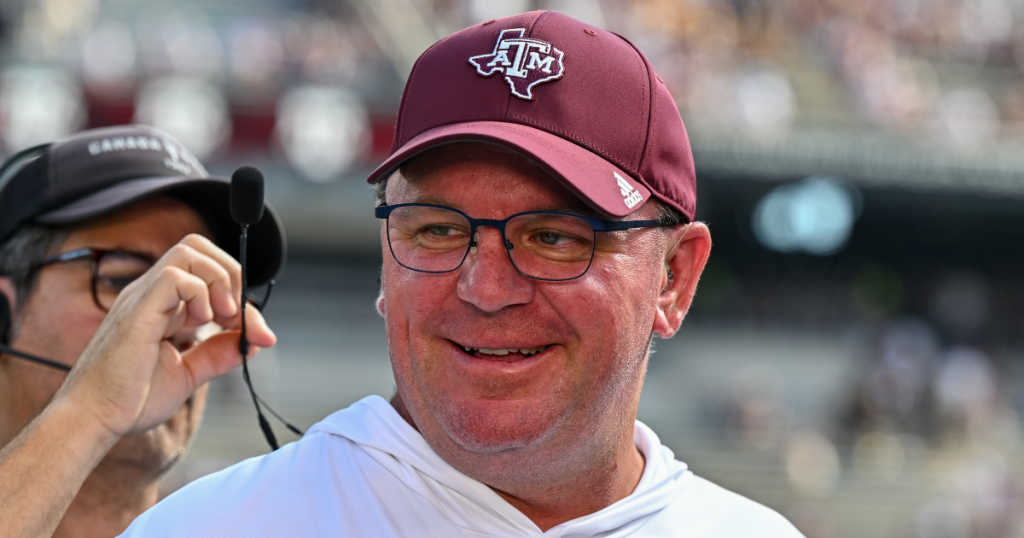Following a disappointing 28-14 defeat in the Cotton Bowl Classic against the Ohio State Buckeyes, the future of Quinn Ewers, the Texas Longhorns quarterback, has become a hot topic in the college football world. With Arch Manning poised to take over as the starting quarterback next season, Ewers faces a pivotal decision: should he enter the 2025 NFL draft or return to college football for another year? If he opts for the latter, the question looms large: where would he play, considering the Longhorns appear ready to move on?
Colin Cowherd’s Unfiltered Take on Ewers
In the aftermath of the College Football Playoff semifinal, where Ewers completed 23 of 39 passes for 283 yards, two touchdowns, and one interception, analyst Colin Cowherd took to social media to express his thoughts. His remarks were particularly striking, especially given his previous criticisms of Ewers.
Cowherd’s comments were not just a passing thought; they reflected a broader sentiment about Ewers’ performance. Just a week prior, Cowherd had labeled Ewers “a liability,” a stark contrast to his more recent, somewhat sarcastic declaration: “Guess I’m going to have to start liking Quinn Ewers.” This shift in tone raises questions about the analyst’s true feelings and the expectations surrounding the young quarterback.
Criticism and Praise: A Double-Edged Sword
Cowherd’s critique of Ewers is not new. On his podcast, he argued that Ewers’ style of play leans too heavily on raw athleticism rather than strategic execution. “Too many times in the passing game, it’s a jump ball,” Cowherd stated, emphasizing that Ewers often lacks defined reads during plays. This approach, he argued, is not conducive to success at the highest levels of college football.
Despite his harsh words, Cowherd did offer a defense for Texas head coach Steve Sarkisian, acknowledging that he has been critical of him in the past. “I’m going to defend him here,” Cowherd remarked, suggesting that while Ewers’ statistics may look decent on paper—20 completions on 30 attempts for 322 yards—his overall impact on the game has been detrimental.
The Future of Texas Football
The overarching narrative in Cowherd’s analysis is that Texas has the potential to compete for a national championship, but the quarterback position remains a significant hurdle. He speculated that the Texas fanbase is eager for a change, particularly with the highly touted Arch Manning waiting in the wings. “I would imagine the Texas Reddit community and the football community, he’s a pretty polarizing guy,” Cowherd noted. The sentiment seems clear: many fans are ready to embrace Manning as the future of Texas football.
This raises an important question: what does Ewers’ future hold? If he chooses to stay in college, will he find a program willing to give him the starting role he desires? The Longhorns’ apparent shift towards Manning suggests that Ewers may need to explore other options if he wants to continue his collegiate career.
Analyzing Ewers’ Performance
Ewers’ performance throughout the season has been a mixed bag. While he has shown flashes of brilliance, his inconsistency has drawn scrutiny. In the Cotton Bowl, for instance, his ability to connect on key passes was overshadowed by critical mistakes. This inconsistency is what has led analysts like Cowherd to question his readiness for the next level, whether that be the NFL or another college program.
Furthermore, the pressure of being a Texas quarterback is immense. The Longhorns have a storied history and a passionate fanbase that demands excellence. Ewers’ struggles have not only affected his individual reputation but have also impacted the team’s overall performance and aspirations for a national title.
The Road Ahead for Ewers
As the offseason approaches, Ewers finds himself at a crossroads. The decision to enter the NFL draft or seek another year in college is not one to be taken lightly. If he decides to stay, he must find a program that will allow him to showcase his talents and develop further as a quarterback. Alternatively, entering the draft could mean stepping into the professional arena, where the competition is fierce, and the stakes are higher than ever.
Ultimately, Ewers’ journey is emblematic of the challenges faced by many young quarterbacks in college football. The pressure to perform, the scrutiny from analysts and fans alike, and the looming presence of highly touted recruits can create a tumultuous environment. Whether he rises to the occasion or falters under the weight of expectations will be a storyline to watch in the coming months.
In the world of college football, few positions are as scrutinized as that of the quarterback. Quinn Ewers’ future remains uncertain, but one thing is clear: the next chapter of his career will be pivotal, not just for him but for the Texas Longhorns as well. Will he embrace the challenge and prove the doubters wrong, or will he find himself on the sidelines as a new era begins? Only time will tell.

